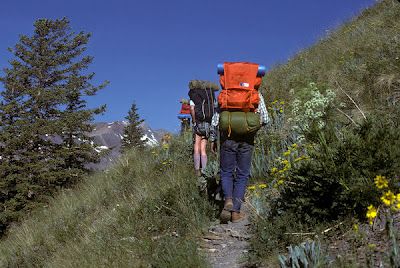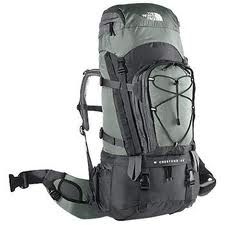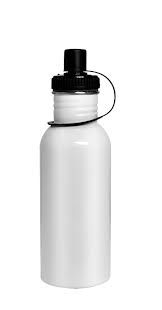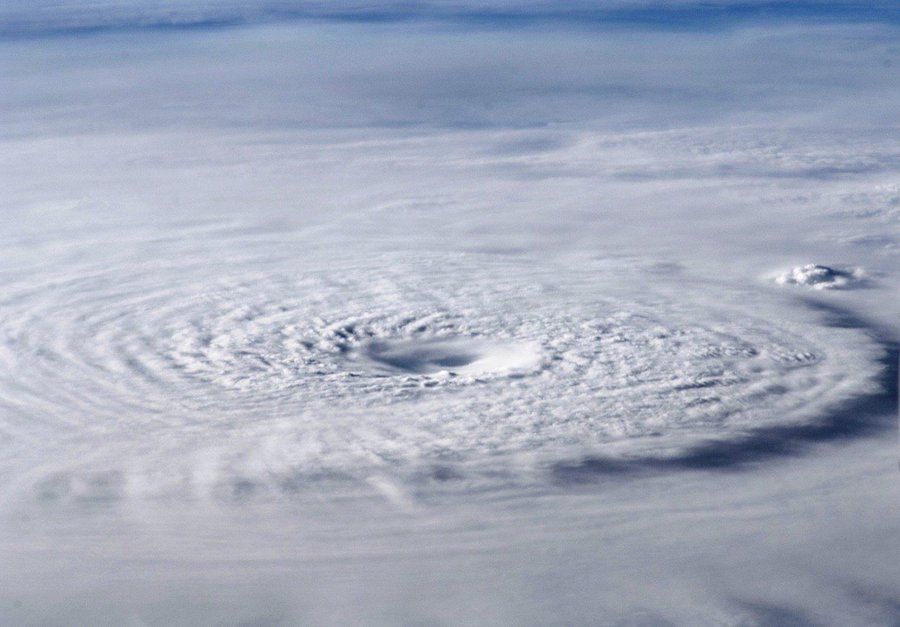Tips for planning a backpacking trip:
Hello travelers, how are all you? Are you guys planning for
a backpacking trip or hiking this weekend?
If you are interested to going on a hiking, here I have
bring you some special tips and tricks for you.
Backpacking trip is not a very hard job and it doesn’t need
any previous experience. All you need is interest and some necessary gadgets
and gears.
Planning:
The most important thing for a backpacking trip is planning.
It is not like that you need to plan taking a long time, it can be done in very
few time. The main parts of the planning are:
1.
Where to go: The very first thing you have to do
is to decide where you would like to go. Because, many important facts depends
on it. Like, what kind of dress you have to carry, what kind of food to be
carried and other preparations. You may go anywhere you want, but the
preparation is not same always.
2.
Who are going: This is another important part of
backpacking trip or hiking. If you want to go alone, it is OK. But if you want
to take partner(s) with, you should have a good plan for them. If you are a
fresh one then you should consider going with someone experienced. And if you
have past experience, you may introduce backpacking to a newcomer. Whatever,
you should keep in mind if you take someone along with you; you should know his
mentality and ability to go for a backpacking. If both of your minds are not
almost same, you may face some trouble there.
3.
Knowing the place before: It is important to
have some basic knowledge about the place you are going. You may take others
advice or search it on internet. If you know about the weather, how to go, emergency
numbers and places, how to go that area. You can have a map of the place and
learn as much as possible. It will make your trip easier.
4.
Passes and permits: Be-ware of the passes and
permits. When you see you don’t have any permission from the local authority
where you are going and it is a must there, you will find it really harassing.
So, while planning find if there is any kind of permission or pass is required
or not.
5.
What to carry: Another most important thing is
to make a list what you should bring with you. This should be planned few days
before the journey. According to the
list you must gather all the necessary things and carry them on the journey
day.
What to Bring on a Backpacking trip:
1.
Clothing: You must bring clothing according to
weather. If you get out in summer, you have to carry clothing suitable to the
season and if you get out in winter, you must carry that type of clothing.
Suitable suits.
Hats: Both sun and woolen hat.
Socks and gloves
Boots
2.
Backpack: You will need a huge backpack which
will provide you a lot of space for carrying your stuffs. Prefer comfort than
style. Choose a light one, if you take a heavy one it will make more pressure
on your shoulder.
3.
Tent: The smart choice is taking three season
tents. But if you are sure about the weather, you may bring one season tents.
4.
Sleeping bags and pads: Bring a good quality
sleeping bag. After a hard day you need a sound sleep and if you bring a low
quality sleeping bag you won’t have a nice sleeping experience.
5.
Map
6.
Compass
7.
Lighter and matches
8.
Swiss knife or multi-tool
9.
Water purifier (if possible)
10.
First aid kit: Get a well arranged first aid kit
with enough medicine and necessary first aid instrument. Don’t forget to see if
any medicine is out of date.
11.
Food: Anywhere you go, you have to meet up your
hunger. So, carrying enough food is important. Prefer dry and healthy food. Because
they are light to carry with.
12.
Water: Bring more than enough water. Because,
nothing can meet your thirst other than water. How to purify water in wildness
Don’t waste it. Use as much as
you need. In case if you get in lack of water, you may try some natural water
purification system. See here How to purify water in wildness
13.
Cooking instrument: You may carry a light
cooking stove and some fuels for cooking. Don’t take anything which may cause
danger, take something efficient. Don’t forget some plates, glass and cooking
bowl.
14.
Mobile phone.
15.
Duct tape
16.
Repairing tools (if you think necessary)
17.
Trash bag
On the starting day check your
backpack if you forget something. Don’t forget keeping a detailed note where
you are going and with whom you are going. It will help a lot in case of
emergency.
Happy Travelling. :)




